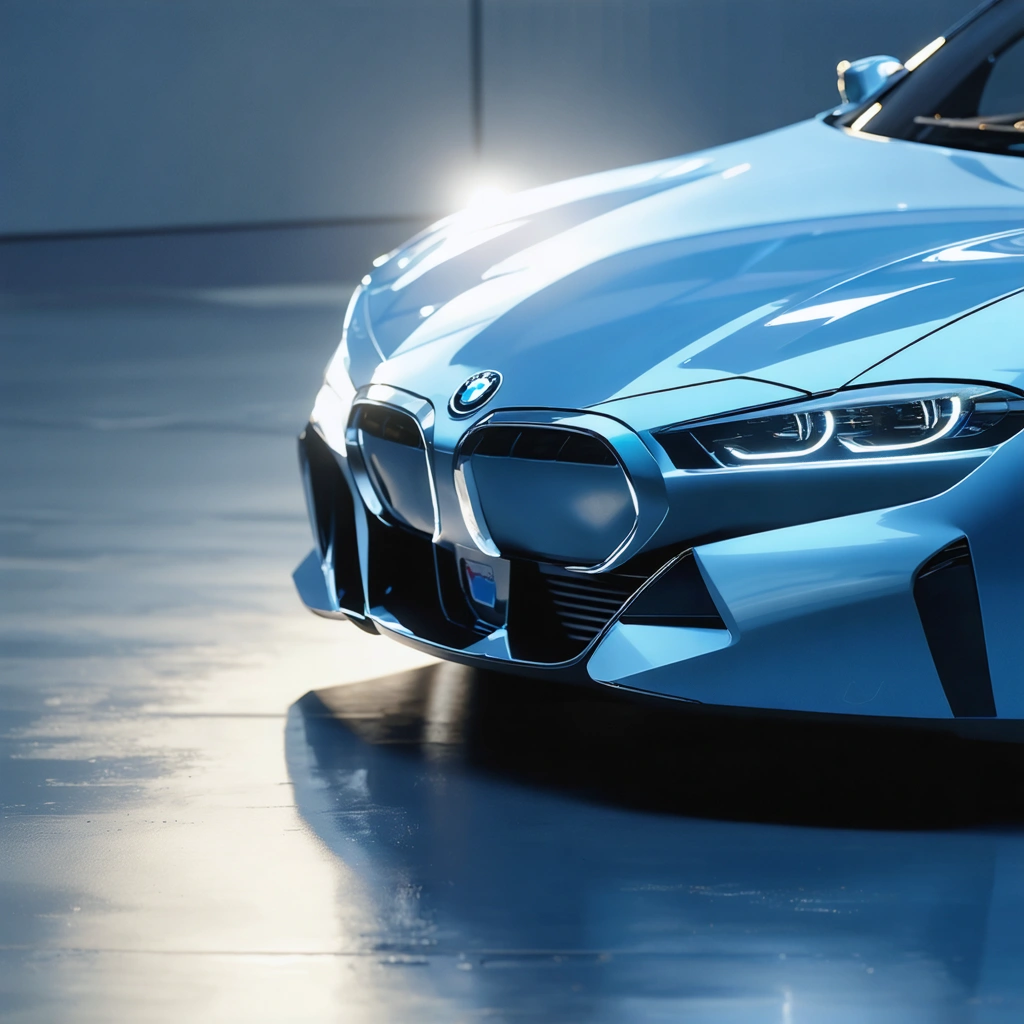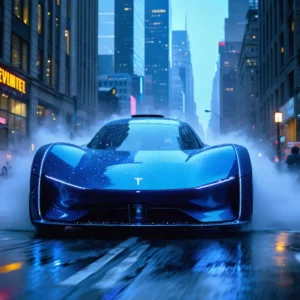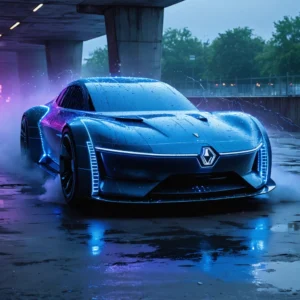
Introduction: BMW’s Electric Market Surge
In recent years, the automotive industry has witnessed an unprecedented shift towards electrification. BMW, a longstanding symbol of innovative engineering and performance, now stands at the forefront of this transformation. The German automaker’s well-executed strategy in the electric vehicle (EV) segment, particularly with its “i” models, has allowed it to achieve a new milestone: outselling the combined EV sales of Audi and Mercedes. The success story of BMW’s EV lineup is not merely a result of chance; it is the culmination of a well-planned business strategy, technological breakthroughs, and a relentless commitment to sustainability.
Understanding the Competitive Landscape
Market Dynamics in the EV Segment
The electric vehicle market is a battleground for innovation and market share. With global regulations increasingly favoring zero-emission vehicles and consumer consciousness shifting towards greener alternatives, the competition has intensified. While Audi and Mercedes have also expanded their EV portfolios, BMW’s strategic execution has set it apart as a leader in this competitive race.
Key factors contributing to BMW’s dominance include:
- Comprehensive Product Portfolio: A robust range of models catering to different market segments.
- Technological Innovation: Investment in battery technology and sustainable materials.
- Customer-Centric Approach: Emphasis on high performance, luxury, and eco-friendly technology in design.
- Strategic Partnerships: Collaborations with technology providers and energy companies to enhance infrastructure.
The Role of BMW’s “i” Models
BMW’s electrified “i” models have established a clear identity in the market. Characterized by sleek design and cutting-edge technology, these vehicles are designed to compete with, and often outperform, the offerings of Audi and Mercedes. Central to this success is BMW’s dual focus on performance and sustainability, ensuring that their EVs deliver exceptional driving experiences without compromising on energy efficiency or environmental impact.
A brief overview of strategic model highlights includes:
- BMW i3: A pioneer in urban mobility with practical design and innovative materials.
- BMW i4: Combining dynamic performance and luxury in a sporty electric sedan form.
- BMW iX: A flagship SUV that epitomizes advanced digital ecosystems and futuristic design.
Business Strategies Driving Success
Innovation and Research & Development
At the heart of BMW’s market success lies an unwavering commitment to research and development. The company has invested significantly in cutting-edge battery technology, improving the range and durability of its EVs. Advanced powertrain engineering and smart integration of software systems have also played crucial roles in establishing BMW as a market leader. BMW’s integrated approach to innovation leverages deep technical expertise with agile market strategies that consistently place it ahead of competitors.
The company’s R&D initiatives can be outlined as follows:
| Initiative | Focus Area | Expected Outcome |
|---|---|---|
| Battery Efficiency Programs | Longevity, safety, and higher energy density | Longer range and faster charging times |
| Digital Ecosystem Integration | Vehicle connectivity and autonomous driving | Enhanced driving experience and improved safety |
| Sustainable Materials Innovation | Eco-friendly production methods | Reduction of carbon footprint and improved recyclability |
Market Positioning and Brand Strategy
BMW’s brand positioning has been pivotal in shaping consumer perceptions and influencing purchasing decisions. By leveraging its heritage of performance, quality, and luxury, BMW has successfully rebranded itself as a forward-thinking innovator in the electric era. The strategic messaging emphasizes a blend of elegance and eco-responsibility, appealing to a broad audience that values both high performance and environmental stewardship.
Key elements of BMW’s brand strategy include:
- Heritage and Innovation: Highlighting the brand’s legacy while embracing future technologies.
- Premium Experience: Delivering luxury through advanced design, craftsmanship, and customer service.
- Sustainability Focus: Promoting a green agenda that aligns with global environmental initiatives.
The Future Outlook and Lessons for Competitors
Expanding Infrastructure and Global Reach
Looking ahead, BMW plans to continue its sustained growth in the EV segment by further expanding its production capabilities and building a robust charging infrastructure globally. Investments in smart charging networks and partnerships with renewable energy providers are expected to drive the transition to electric mobility. The company’s long-term vision is built on a scalable model that not only meets current market demands but also anticipates future trends in consumer behavior and technology.
Expansion strategies include:
- Infrastructure Development: Collaborations for building extensive charging networks across urban and rural regions.
- International Market Penetration: Tailoring products and services to meet the specific needs of emerging markets, especially in Asia and North America.
- Enhanced Connectivity: Integrating smart technologies that support real-time diagnostics and adaptive driving features.
Key Takeaways for Industry Stakeholders
The success of BMW’s EV approach provides several crucial insights for other players in the automotive industry. Companies that wish to thrive in the rapidly evolving electric vehicle market must prioritize technological innovation, agile business strategies, and robust customer engagement. Competitive resilience in this sector is largely contingent upon the ability to merge performance with sustainability—a balance that BMW appears to have mastered.
Important lessons include:
- Invest consistently in research and development to keep pace with rapid technological advancements.
- Develop products that address specific consumer needs without compromising on performance or luxury.
- Foster strong strategic partnerships to overcome infrastructural and technological barriers.
- Continuously refine brand messaging to align with current market dynamics and environmental trends.
In conclusion, BMW’s impressive achievement of outselling Audi and Mercedes combined in the EV market encapsulates a broader narrative of transformation and reinvention. The company’s strategic foresight, customer-centric innovations, and unwavering commitment to sustainability have set a benchmark in the automotive industry. As the market continues to shift towards electrified and smart mobility solutions, BMW’s methodology offers valuable roadmap insights not only for its direct competitors but also for the entire automotive ecosystem. The drive towards a greener future is well underway, and BMW’s leadership in the EV space is a testament to the effectiveness of its integrative business strategy.




